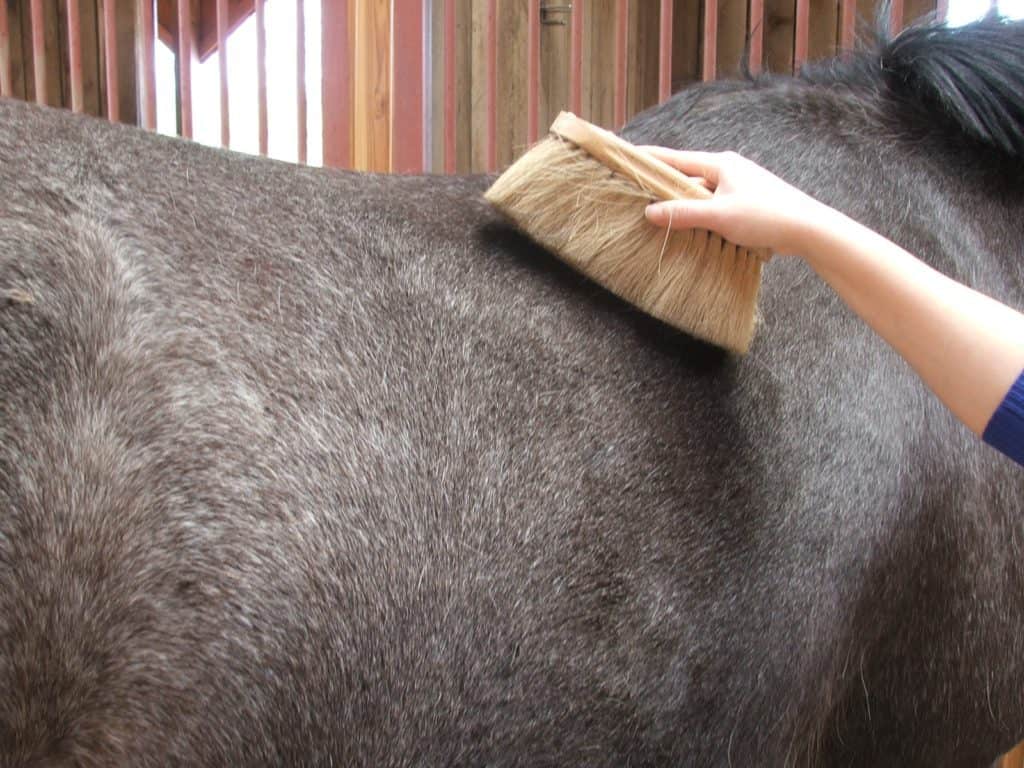
Behavioral Signs of Equine Cheek Tooth Findings
If your horse is exhibiting regular behavior problems, cheek tooth pain could be the cause.

If your horse is exhibiting regular behavior problems, cheek tooth pain could be the cause.

Resin fillings used in human dentistry can offer long-term solutions for preventing and managing infundibular caries.

Here are some common dental issues that can negatively impact your horse’s performance and how they can be corrected.

Often, a horse’s behavior problems are rooted in either pain or incomplete training. Here’s what to consider.

Aging mules and donkeys need to be managed just as carefully as horses. Here’s what you need to know.

A once-heavy senior horse is struggling to hold condition after dental work. Our nutritionist weighs in.

Knowing how to look inside your horse’s mouth safely can help you catch problems early.

A mare that underwent cheek tooth extraction and sinus surgery beat the odds and survived bacterial meningitis resulting from the procedure.

Senior horses with PPID need careful monitoring and preventive care because of equine Cushing’s effects on immunity, exercise tolerance, thermoregulation, and wound healing.

Don’t just focus on teeth when addressing the underweight old horse; prioritize diet and lifestyle changes.

Thorough exams, conducted early in the inflammation process, make way for better treatment planning.

One survey found 84% of veterinarians didn’t use PPE or wash their hands between equine dental patients. One researcher says biosecurity should be the expectation, not the exception. Find out why.

From infections and trauma to blockages and growths, here’s what your vet might find within your horse’s head region.

Donkeys have similar dental structures as horses, and they’re at risk of developing many of the same kinds of dental issues. But, unlike horses, their problems often go overlooked—and that’s to their detriment, according to donkey specialists.

A young gelding presenting for lower jaw swelling has a rare but treatable dental condition.

While routine tooth floatings are important, the veterinary oral exam is the most valuable part of dental care.
Stay on top of the most recent Horse Health news with
"*" indicates required fields